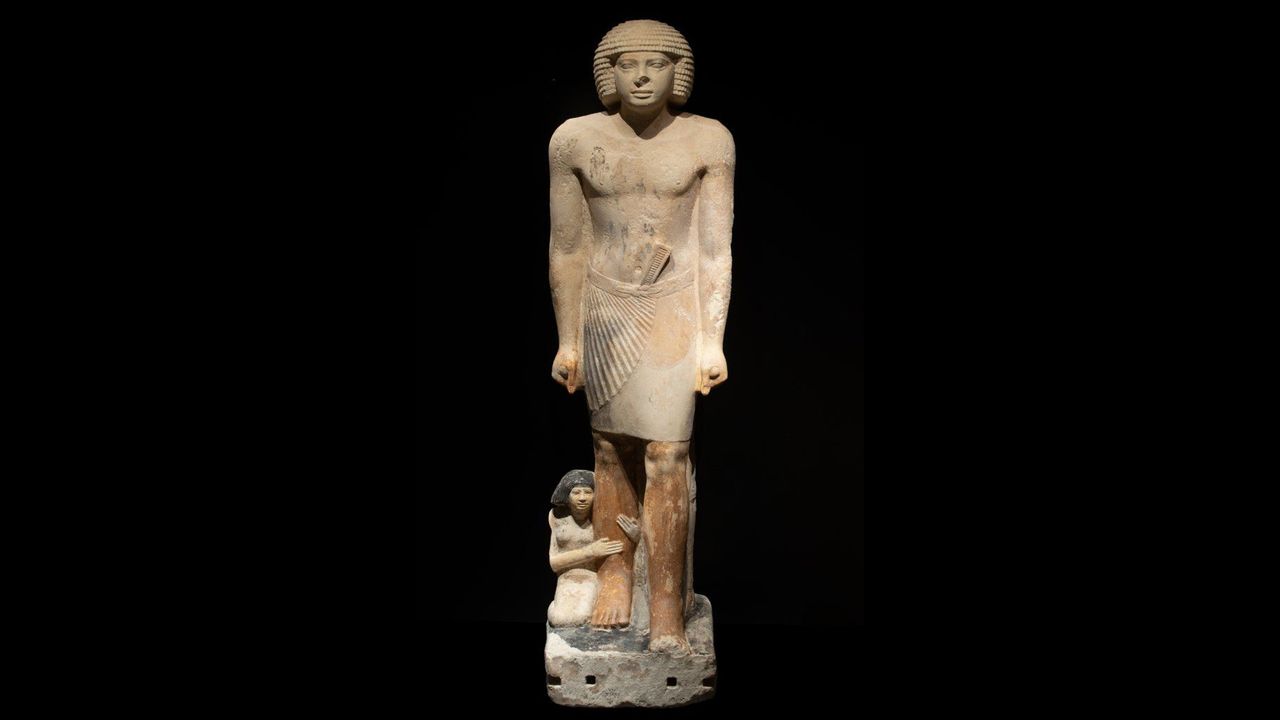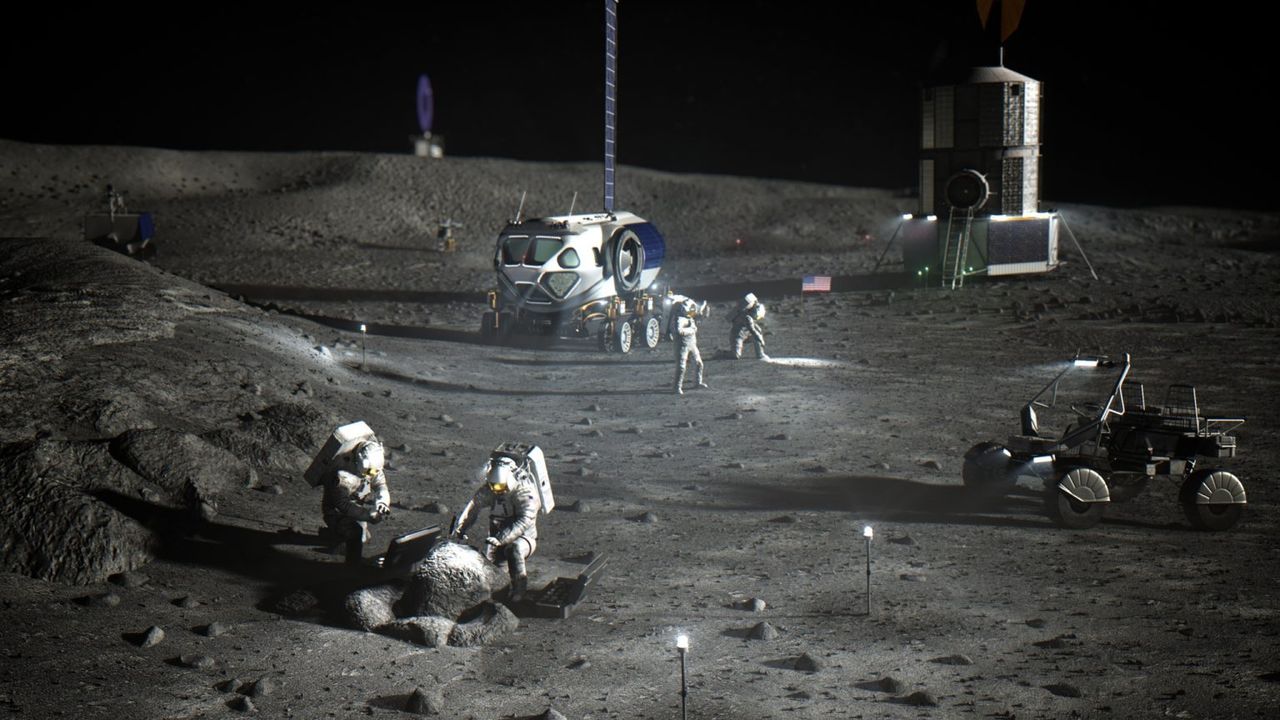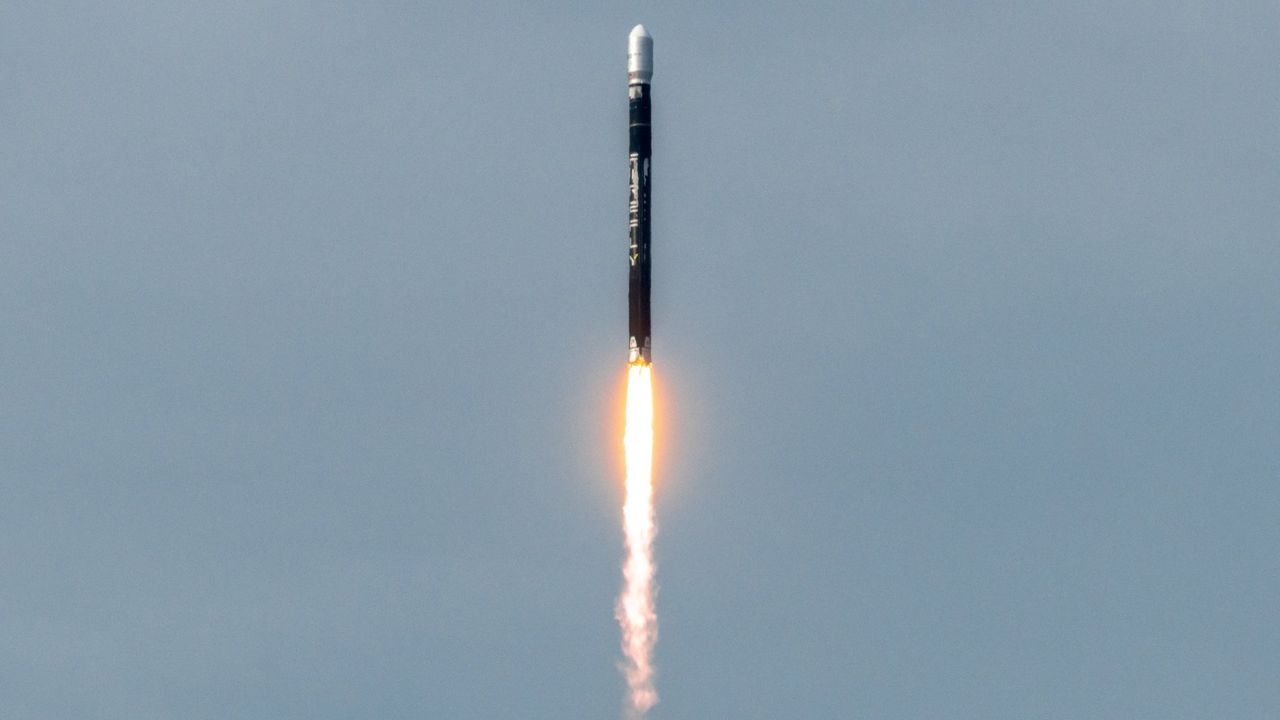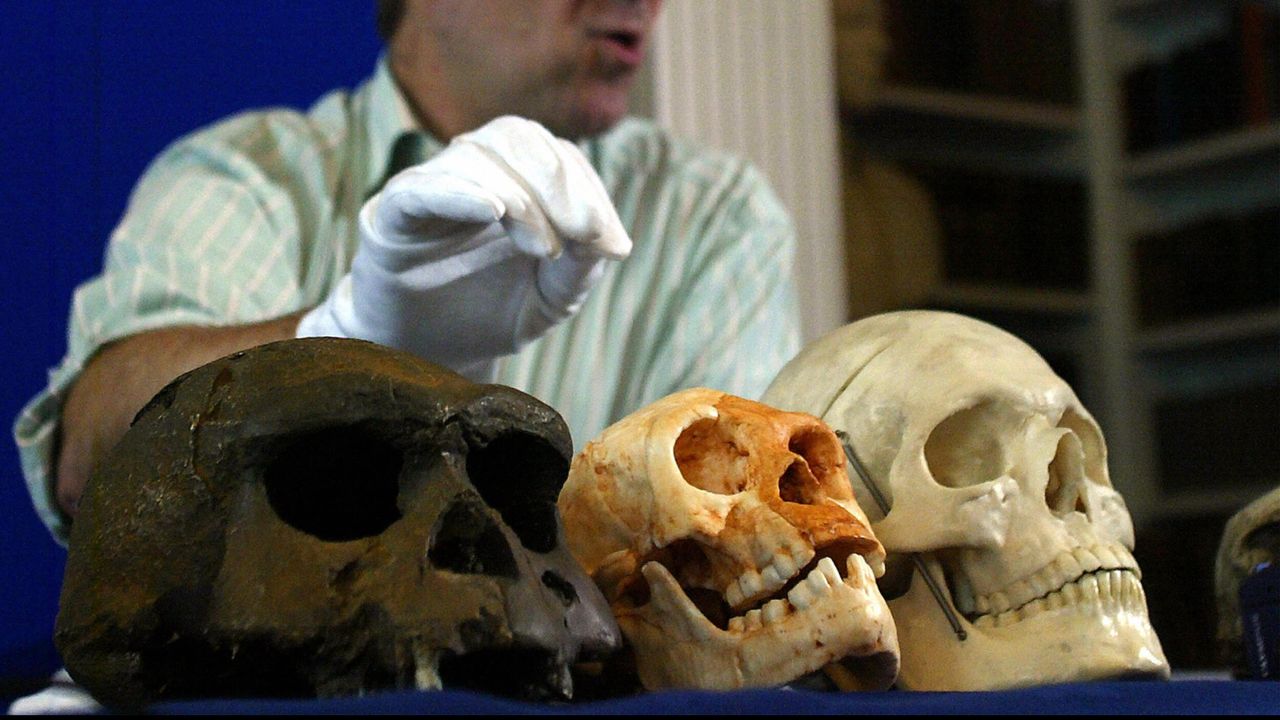'Space: Above and Beyond': 30 years on, Fox's failed military sci-fi series is almost lost to time... and that's a shame
NeutralScience

As 'Space: Above and Beyond' marks its 30th anniversary, it's a great time to reflect on this groundbreaking military sci-fi series that, despite its initial failure, left a lasting impact on the genre. The show introduced innovative storytelling and complex characters, paving the way for future sci-fi narratives. Its legacy is worth remembering, as it highlights the challenges faced by ambitious television projects and the importance of preserving such cultural artifacts.
— Curated by the World Pulse Now AI Editorial System





